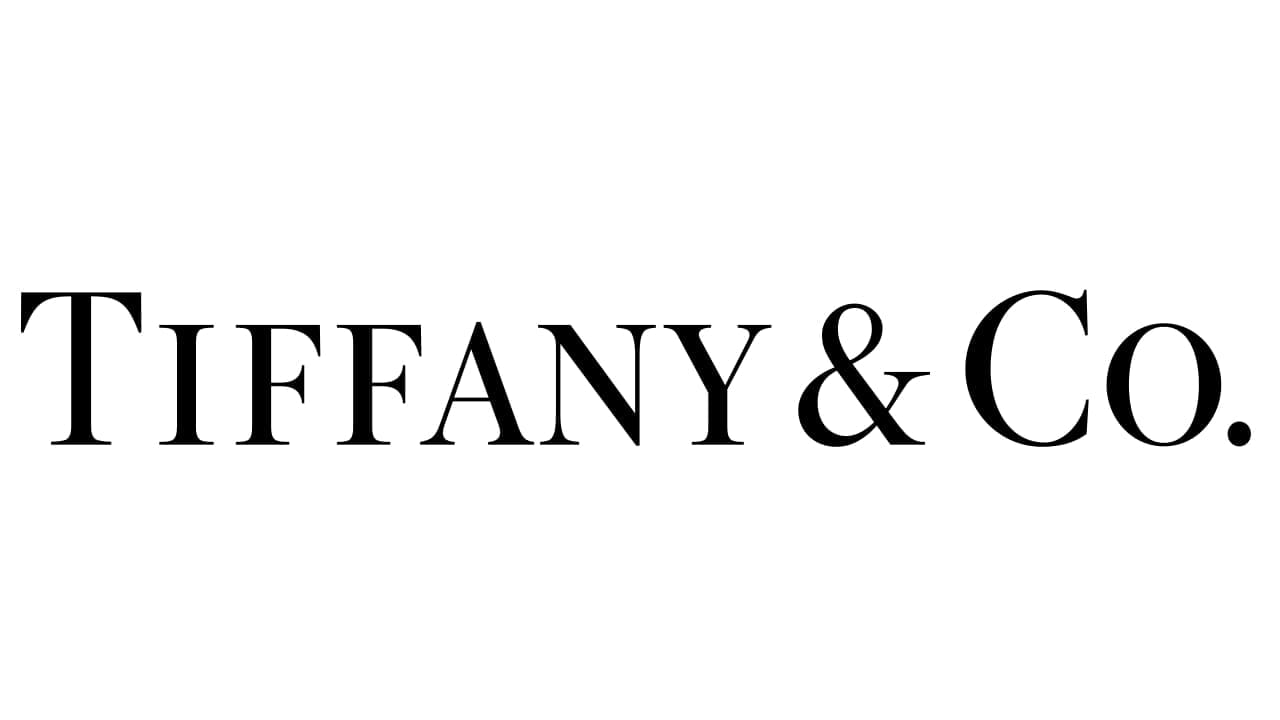Proud to have worked with:
Customers, right up to the consumer, want to know more about the life story of coloured gemstones, diamonds and precious metals – where they come from, through whose hands they passed, and using which practices they have been produced – before investing in jewellery.
In the complex landscapes of gold and other precious metals, diamonds, and coloured gemstones sourcing and trading, this is no easy task.
TDi Sustainability brings expertise along the entire jewellery supply chain, from mine sites to retailers, including traders, cutting and polishing companies, and refiners, supporting with issues from supply chain due diligence, circularity and packaging to carbon footprint reduction.
How our services support the jewellery sector

Strategy development
We work with your local, regional and site management teams to build a pragmatic, credible and efficient sustainability strategy appropriate to the unique circumstances of your organisation.
Our technical experience, practical tools and creative resources help you manage the change that’s needed to effectively deliver and operationalise your sustainability strategy.

Supply chain mapping
TDi supports clients in identifying the actors and operations within their supply chains and developing robust sourcing frameworks and management systems to identify and manage the ESG risks associated with them.
The Supply Chain & Due Diligence Tool helps our clients visualise the whole value chain and understand the ESG and supply chain risks associated with their specific suppliers.
Our digital self assessment and due diligence tools also promote supply chain engagement, raise awareness of compliance requirements and promote the adoption of best practices.

Audit preparation and training
TDi Sustainability is an approved auditor against a variety of key sustainability, traceability, chain of custody and responsible sourcing standards for industry programs and trusted partners, as well as sustainability standards, assurance schemes and frameworks.
The Responsible Jewellery Council (RJC) is one of the certification organisations covering the jewellery supply chain from mine to retail. The TDi team has helped many coloured gemstone and jewellery businesses (small, medium and large companies and independent traders) to prepare for their RJC certification audit.

Industry leadership
Starting in 2015, TDi has managed the Coloured Gemstones Working Group (CGWG), a collaborative initiative by prominent brands in the coloured gemstones and jewellery industry.
TDi has provided the CGWG with technical support development of robust and practical resources, tools and projects that build capability and share knowledge across the value chain, for the benefit of coloured gemstone communities and the jewellery industry at large.
Get in touch to find out more about the CGWG, or to find out how we could help support your goals within the jewellery sector.

Training and capacity building
Specifically within the jewellery industry, TDi has produced training and learning resources for the Coloured Gemstones Working Group, as well as a series of six research papers addressing the intricate landscape of coloured gemstone mining and trading

Engagement with ASM
Millions of people around the world rely on the jewellery industry for their family income. In particular, the jewellery industry is an important source of livelihood for mining communities around the world. It is estimated that at least 20% of gold and diamonds, and the majority of coloured gemstones – as many as 80% of the world’s sapphires, for example – are recovered through artisanal and small-scale mining (ASM) operations. While their contribution adds to the romantic story of a beautiful piece, it is an unfortunate reality that the extraction and trade of precious minerals, diamonds, and coloured gemstones is often linked to dangerous working conditions, risks of human rights abuses and conflict financing.
TDi helps companies engage with artisanal mining by:
- Partnering with The Impact Facility and Fair Cobalt Alliance
- Identifying synergies and areas of collaboration
- Improving the productivity and profitability of ASM
- Developing the skills and creating internal capacity at ASM sites
- Building multi-stakeholder alliances between mines, local partners, and customers
- Mobilising and managing SME grants and returnable investments to ASM
Preparation for Responsible Jewellery Council audits
Henig Diamonds
TDi worked with this London-based firm to train their employees for the RJC audit, rewriting many of their policies and procedures, and unravelling the compliance requirements for business partners for whom they sold diamonds but did not control the supply chain. Henig was approved for a three-year certification.
Diamonds Direct
This busy New York based diamond dealer had a short timeframe in which to prepare for their RJC audit. The TDi team quickly delved into the heart of their organisation and marshalled their existing evidence and documentation. We prepared template documents and personnel training material and we carried out a mock-audit, highlighting any potential non-compliance points. The TDi team was delighted that the RJC audit was a complete success and Diamonds Direct gained certification without any non-conformances.
Eurocantera Mines
TDi worked with this unique small family-owned mining business in Honduras to comply with the RJC standards on their first attempt. We are proud to have helped Eurocantera get it ‘right first time’ and they passed the audit with a clean bill of health. Furthermore, Eurocantera was the first-ever RJC gold mining member to be fully Chain of Custody Certified, a factor in the successful business relationship it has built with the luxury French brand, Cartier.
Goldlake
An Italian-based small refiner seeking RJC Code of Practices and Chain of Custody for the first time reached out to TDi. As well as ensuring its legacy facilities in the gold town of Arezzo, Italy passed the scrutiny of RJC auditors without any issues, the TDi team assisted the company in becoming one of the first RJC members to achieve Chain of Custody. Goldlake IP was awarded the maximum length of certification in the RJC system.

Latest trends
Due diligence in supply chains
Traceability has become a main component in jewellery supply chains, enabling brands to verify ethical sourcing claims and prevent greenwashing. The industry has moved from conventional documentation to blockchain-based solutions that track materials from extraction to final product. Other established programs such as Fairmined and Fairtrade International offer certification for metals and gems extracted from mines that meet standards for environmental protection and fair labour practices.
Legislation and regulations
Regulatory frameworks governing the jewellery industry continue to expand in scope. The General Product Safety Regulation (GPSR) has introduced more rigorous requirements for jewellery manufacturers, particularly regarding materials testing, documentation, and traceability.
Circularity
The jewellery industry has shifted focus towards material circularity, particularly concerning precious metals recycling. Industry standards are evolving to support recycled material claims. The London Bullion Market Association (LBMA) is developing clearer definitions and classifications for recycled gold, while the World Jewellery Confederation (CIBJO) has proposed standardised definitions for recycled gold in jewellery.
Carbon emissions
Jewellery brands are increasingly expected to understand and reduce their climate impact across the value chain. Methods being implemented include renewable energy adoption at manufacturing facilities, optimised transportation logistics, and investment in carbon offset projects. The industry has also seen the emergence of carbon footprint calculators for jewellery pieces, providing lifecycle assessments from raw material extraction through manufacturing and distribution.
Jewellery
Case studies
TDi’s jewellery industry experts
Your project
made possible




























